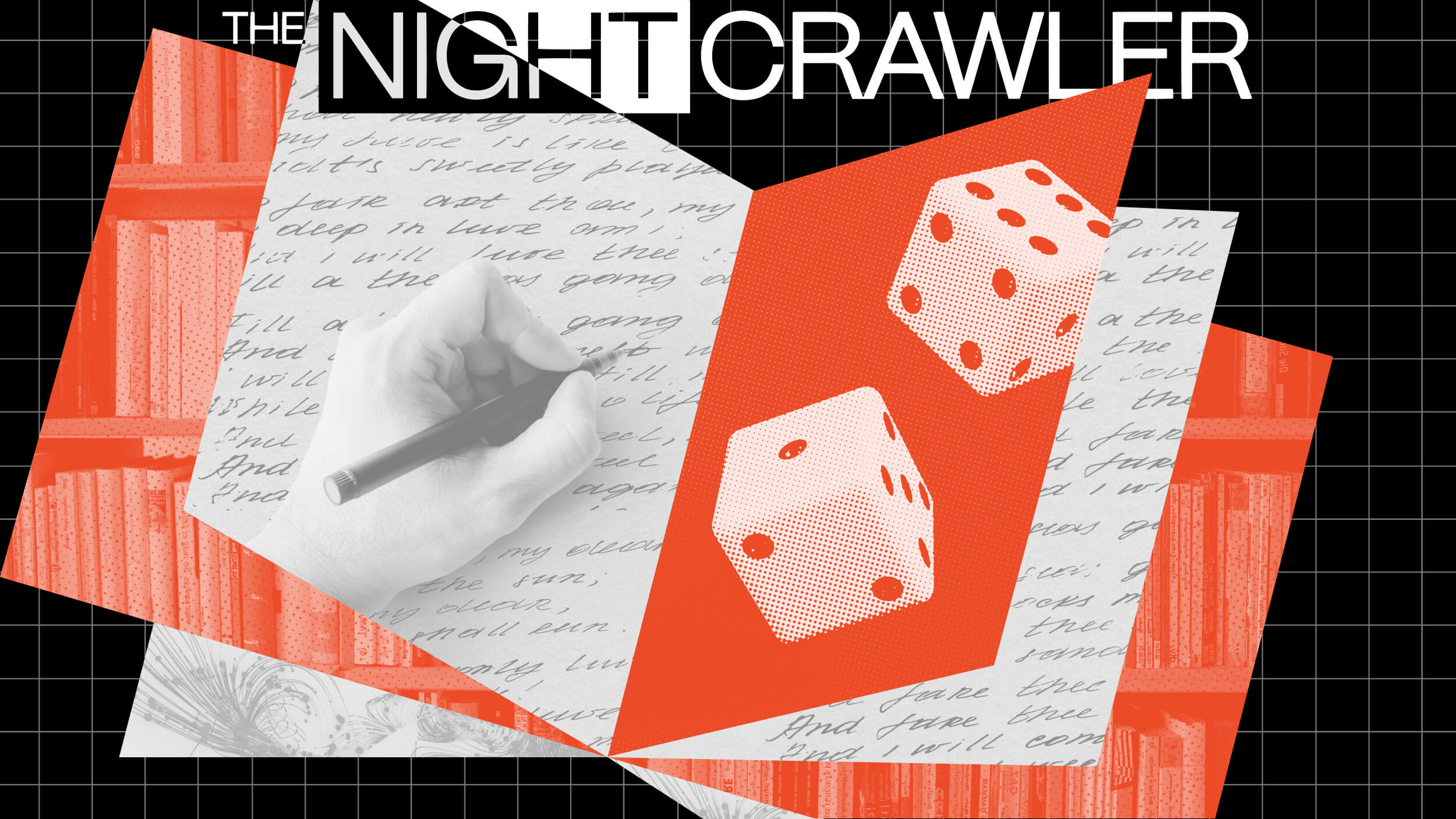Neuroscience Is Dead (c. 2008)

What’s the Latest Development?
Writers who now publish skeptical thoughts about the field of neuroscience are confirming what the public-at-large has known for five years, according to data gathered by Slate‘s Daniel Engber. Titles containing the word “brain”, for example, on the New York Times’ bestseller list peaked in 2008 and have since declined. “2008 may also have been the high point for critical neuroscience blogging,” said Engber. “The excellent Neuroskeptic wrote his first posts that autumn, in the darkest moments of the neurobabble epidemic.” Neurology-based strategies for marketing consumer goods have also fallen flat since they promised big returns in the previous decade.
What’s the Big Idea?
The principle objection to the slew of neurological insights that were meant to revolutionize everything from political campaigns to shoe shopping is that they apply strictly to the brain. Our daily behavior, however, is ruled by the mind. While philosophers often reduce the mind to the machinations of the brain, “naïve media, slick neuroentrepreneurs, and even an occasional overzealous neuroscientist exaggerate the capacity of scans to reveal the contents of our minds, … and rush to apply underdeveloped, if dazzling, science for commercial and forensic use.”
Photo credit: Shutterstock.com





